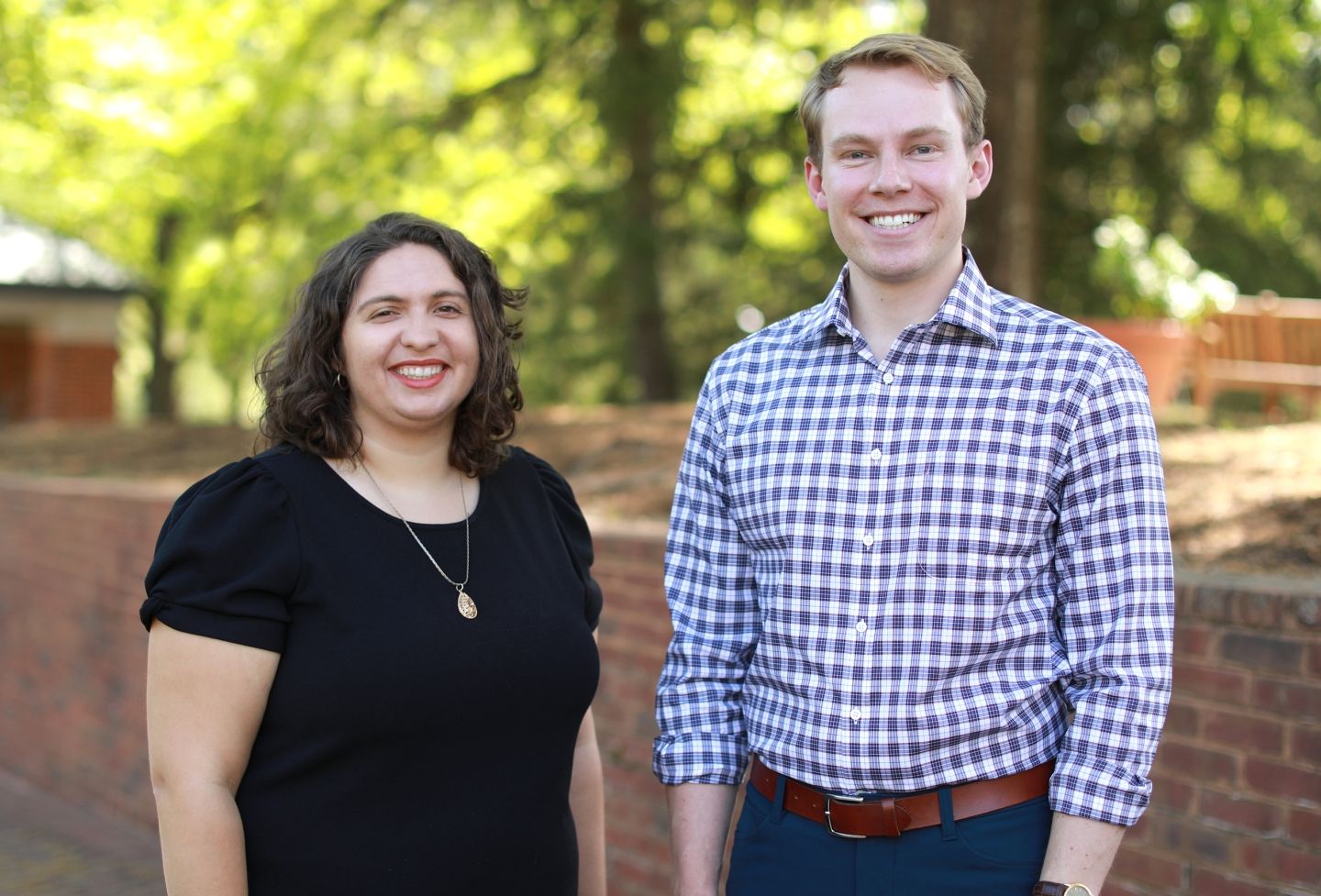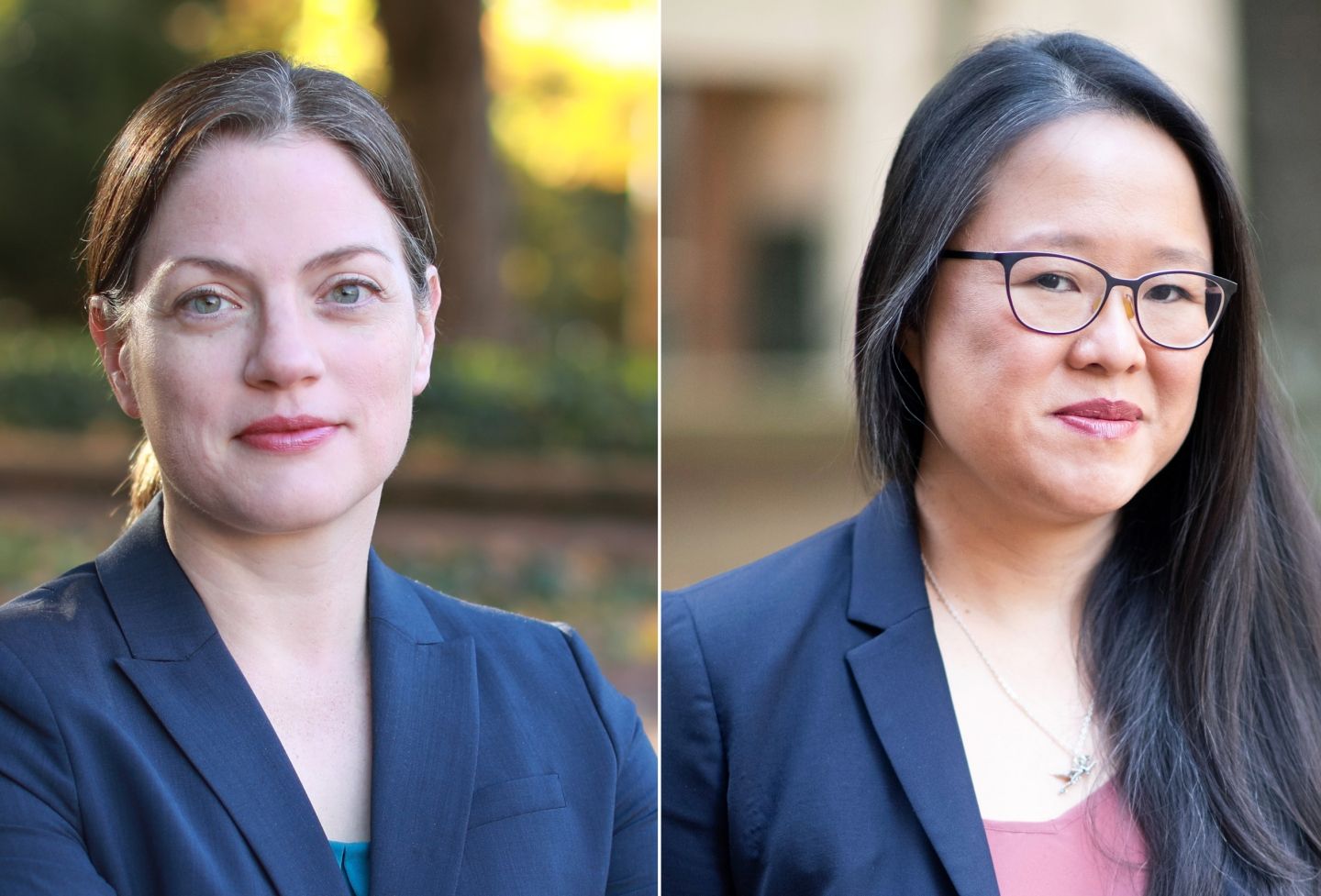In response to a motion prepared by students in the University of Virginia School of Law's First Amendment Clinic, a federal judge on Monday ordered American International Group Inc. and the Securities and Exchange Commission to publicly release corporate monitor reports on AIG leading up to the financial meltdown in 2008.
Senior U.S. District Judge Gladys Kessler in Washington, D.C., ordered AIG and the SEC to release corporate monitor reports that resulted from a $126 million securities violations settlement between the two parties in 2004.
The clinic's involvement began after American Lawyer/Corporate Counsel magazine reporter Sue Reisinger wanted to examine the monitor's reports. When the government declined, she contacted the clinic's co-director, Bruce Brown, a D.C. media attorney at Baker Hostetler. Three Virginia Law students — Tiffany Parrish Rainbolt, Kelsey Hazzard and Hallee Morgan — largely wrote the motion filed on Reisinger's behalf.
"I was thrilled to hear that Judge Kessler granted the motion," said Rainbolt, a second-year law student. "It is nice to see a year's worth of hard work pay off, and I know we are all looking forward to the article that Ms. Reisinger will write with the forthcoming information."
The judge, in issuing her order, said the reports must be considered "judicial records" to which a presumptive right of access applied under the common law, even though they were not on file with the court. She also found that the records could be redacted before release, thus shielding certain confidential business information that might hurt AIG competitively.
Joshua Wheeler, co-director of the First Amendment Clinic and director of the Thomas Jefferson Center for the Protection of Free Expression, said the case is potentially precedent-setting, as he doesn't know of a previous instance in which a corporate monitor's reports have been released to the public.
Wheeler added that the release of the reports will be crucial in assessing the actions of both AIG and the SEC prior to the financial crisis. Any new insights gleaned from the reports will be due in large part to the students' hard work, he said.
The students said they worked almost constantly on the project from the first day of class — including over their spring break, when they had to hurriedly file their reply brief.
"We spent a lot of time discussing the case and revising each new draft as a team; it was a truly collaborative effort," said Morgan, a third-year law student who wrote a portion of the motion.
Hazzard, also a third-year student, wrote the initial draft of the section of the reply brief in which the team argued that the monitoring reports were judicial records.
"We all helped to edit each other's sections, so in the end, it was a product of everyone's joint effort," she said.
While the case is important, Wheeler said, the long-term impact of the decision is yet to be determined.
"It is impossible to predict whether courts will interpret the decision narrowly, confining it to the facts of this case, or interpret it broadly as an important statement of principle on public access to judicial records," he said. "I have no idea what specific information the documents will actually provide but, I feel better that we will know that first-hand, as opposed to the government saying 'trust us.'"
For the students, the case provided valuable real-world legal experience.
"I definitely expect my involvement in the clinic and this case to be useful in my career path," Rainbolt said. Â "I have learned huge amounts about every little detail that goes into researching, writing, filing, and defending these briefs."
Morgan added that the experience of working on a successful federal case was indispensable.
"I think it will prove tremendously valuable as I go forward into my career as a litigator to have learned from the accomplished lawyers I worked with and to have had the opportunity to take so much ownership and responsibility for the cases that I worked on through the clinic," she said.
Founded in 1819, the University of Virginia School of Law is the second-oldest continuously operating law school in the nation. Consistently ranked among the top law schools, Virginia is a world-renowned training ground for distinguished lawyers and public servants, instilling in them a commitment to leadership, integrity and community service.


